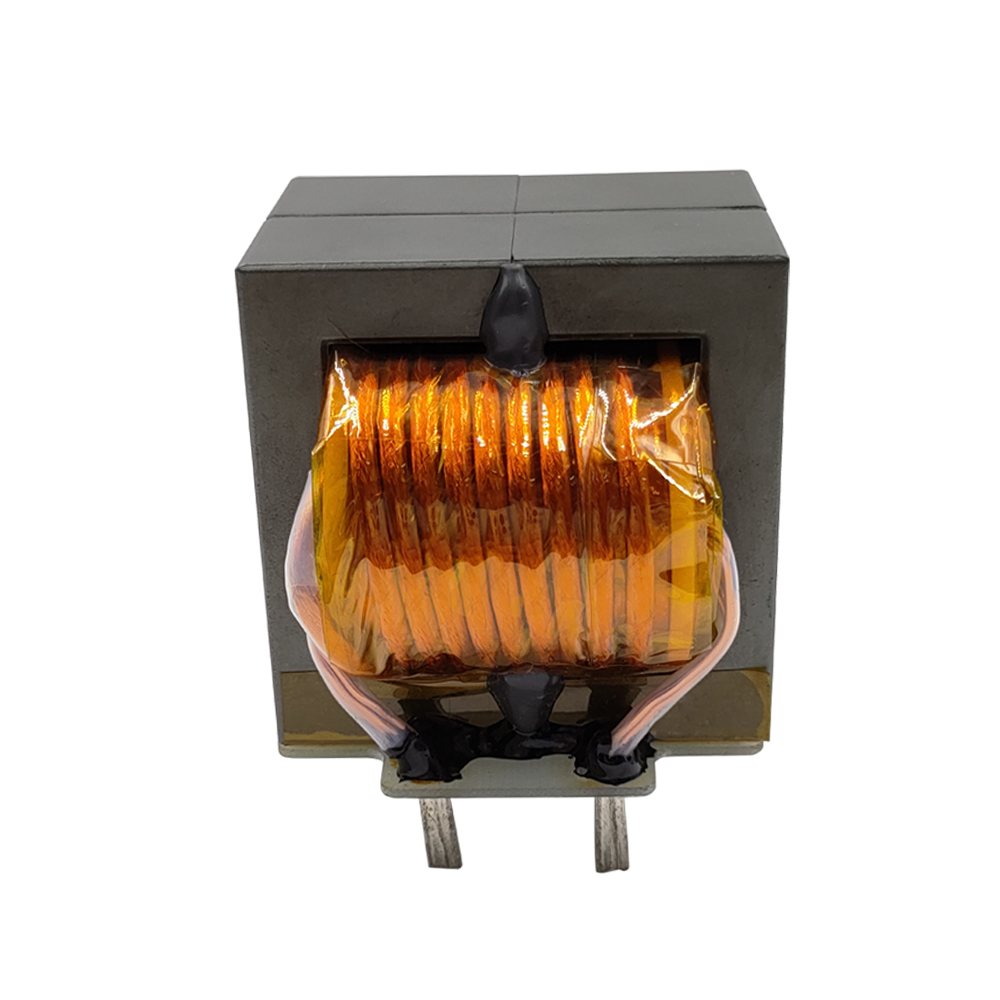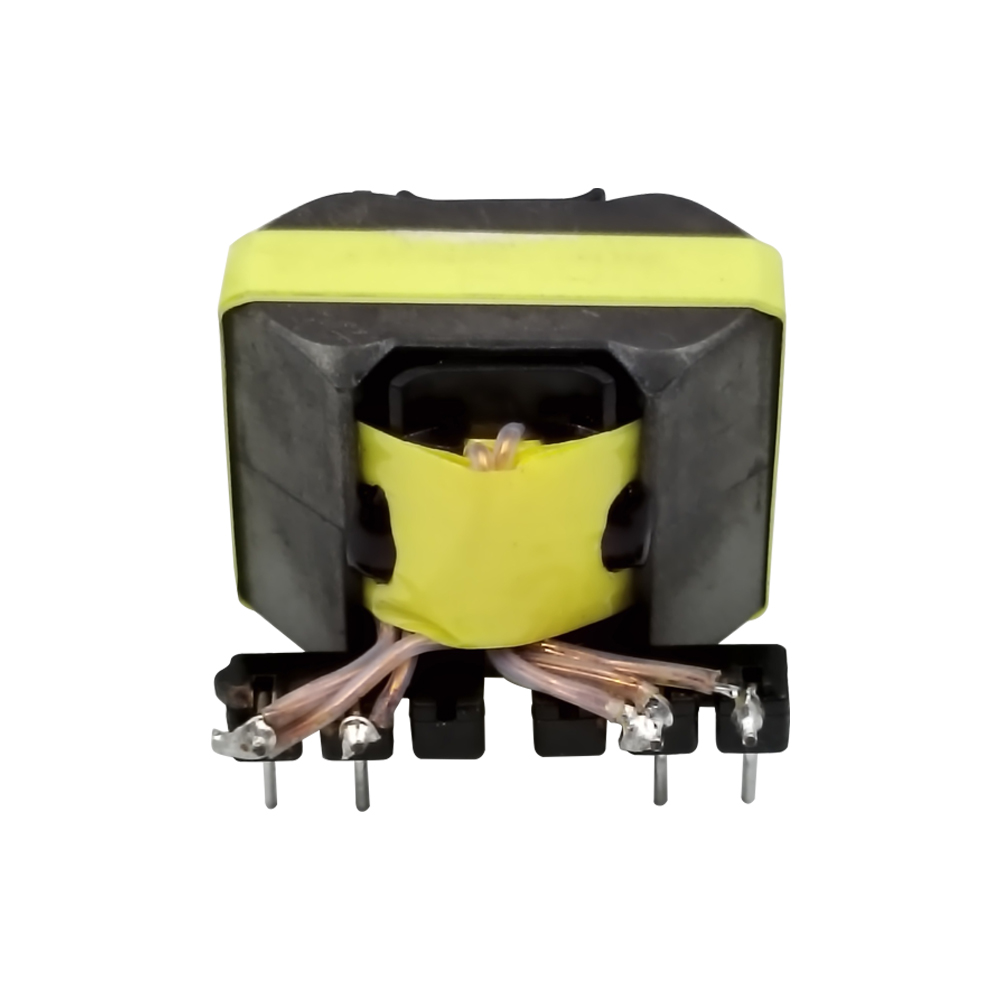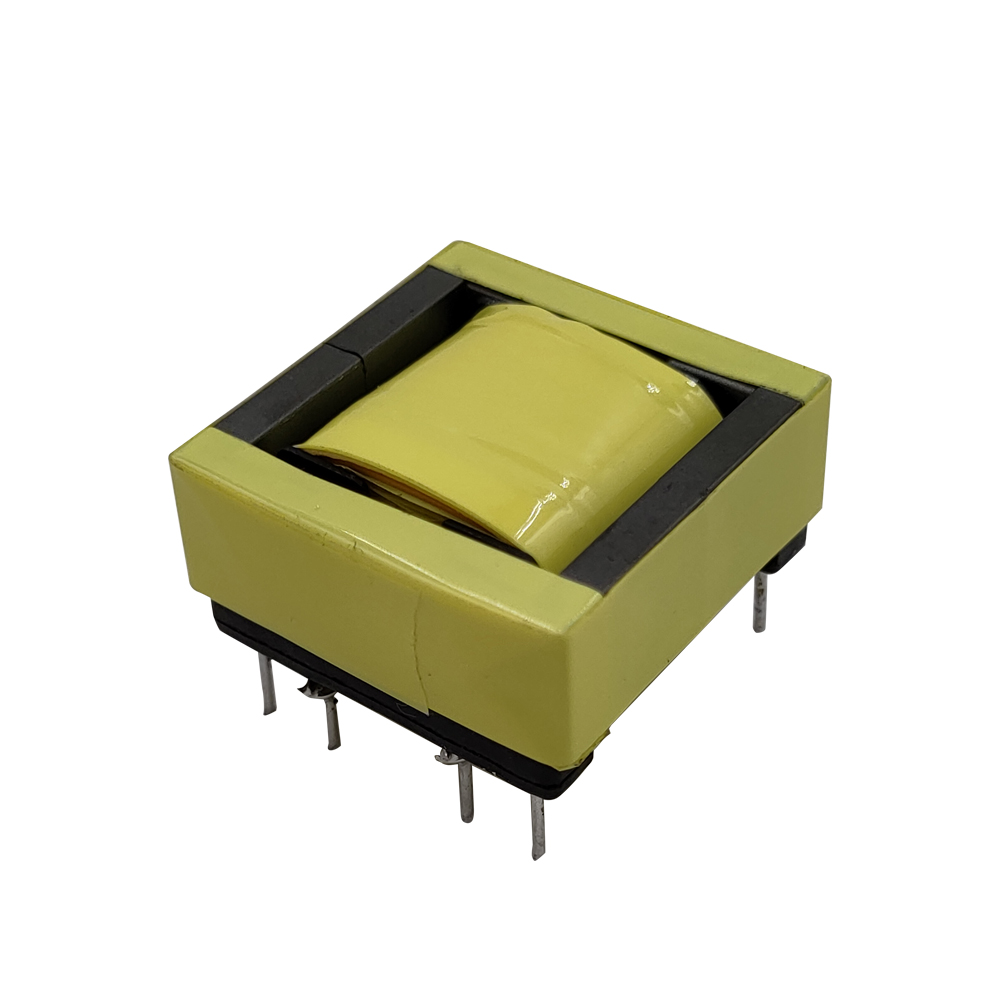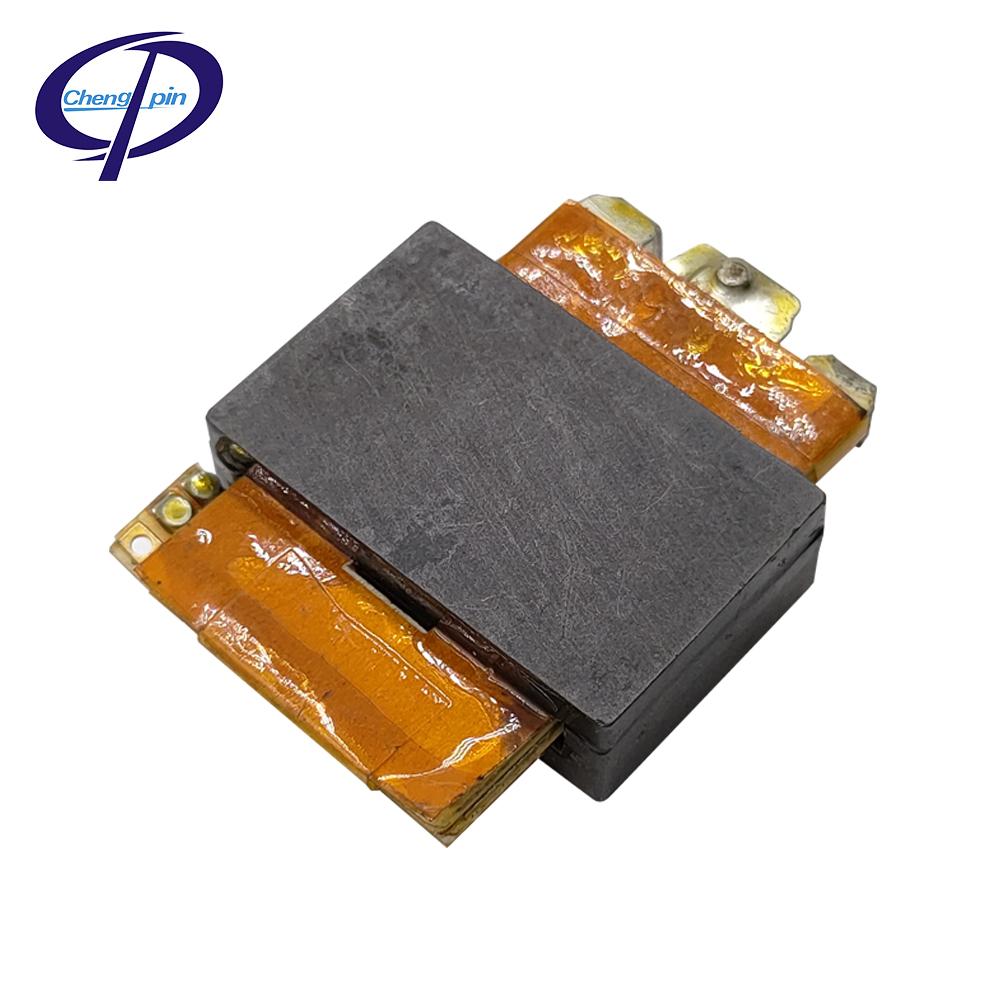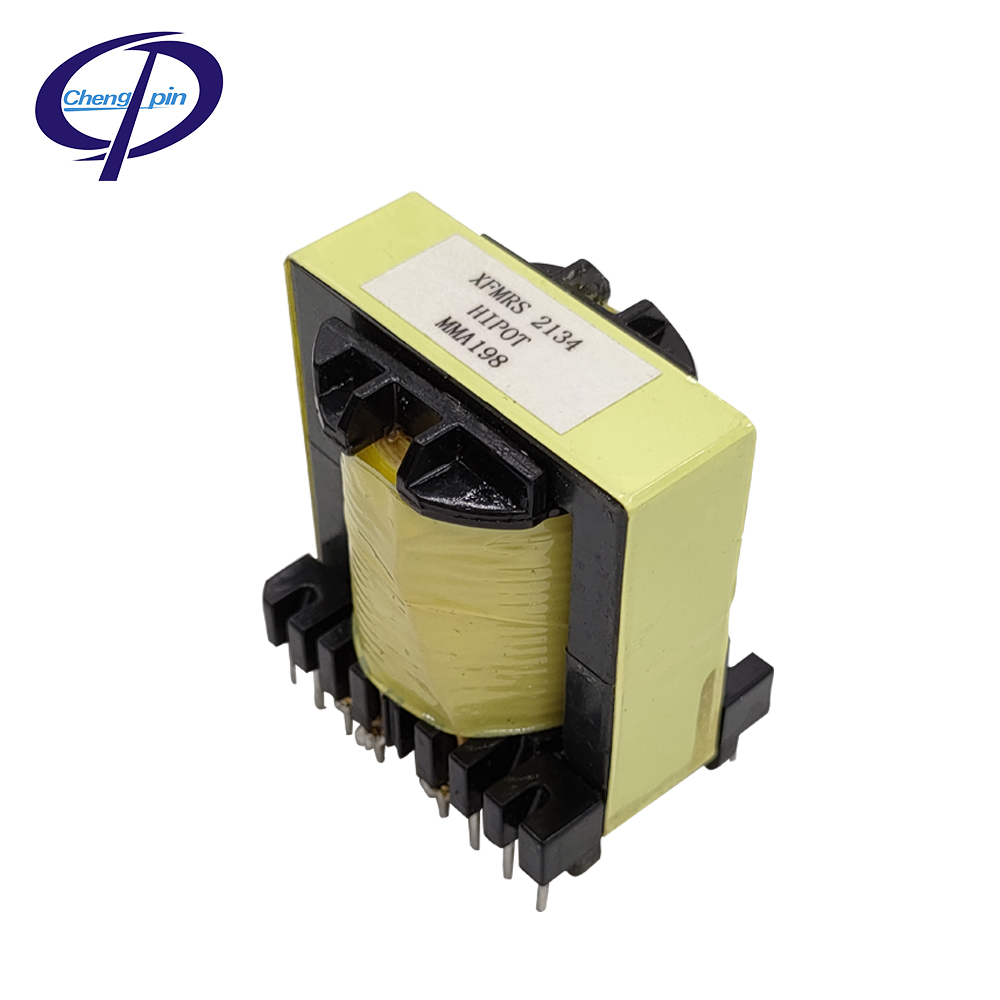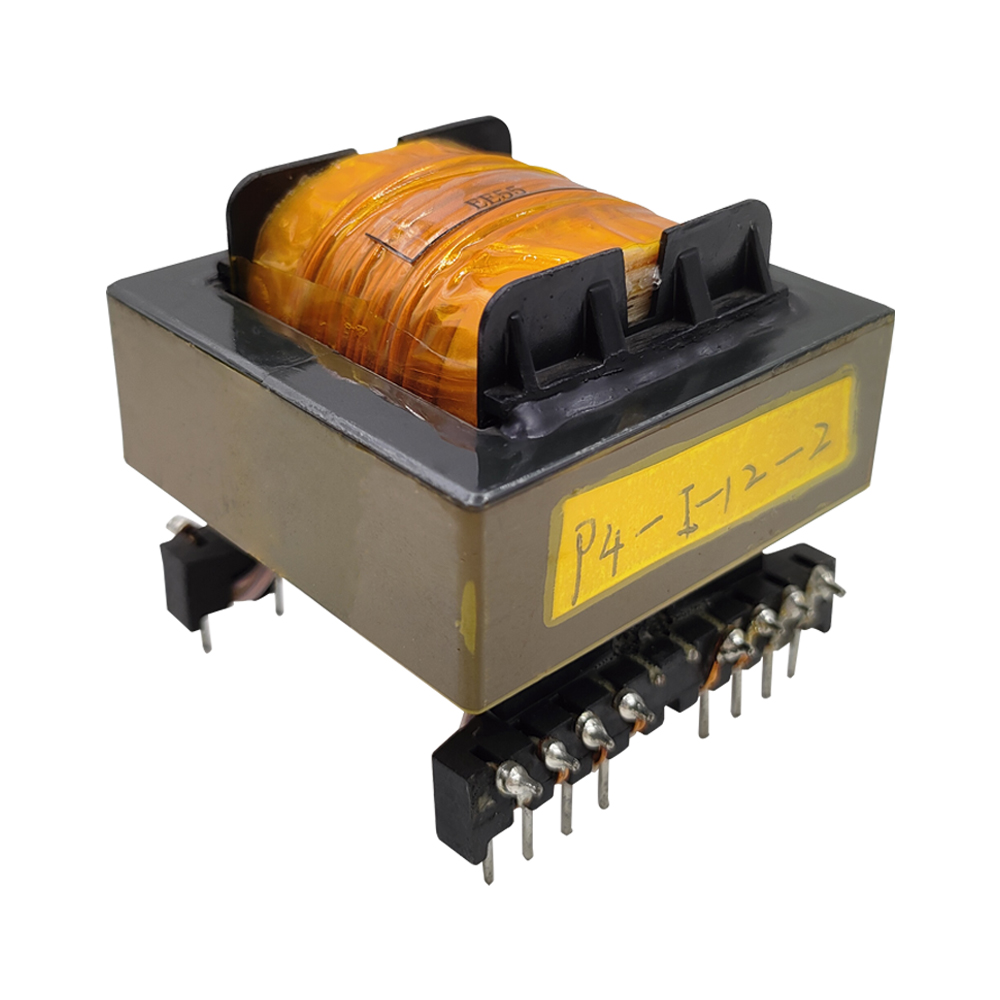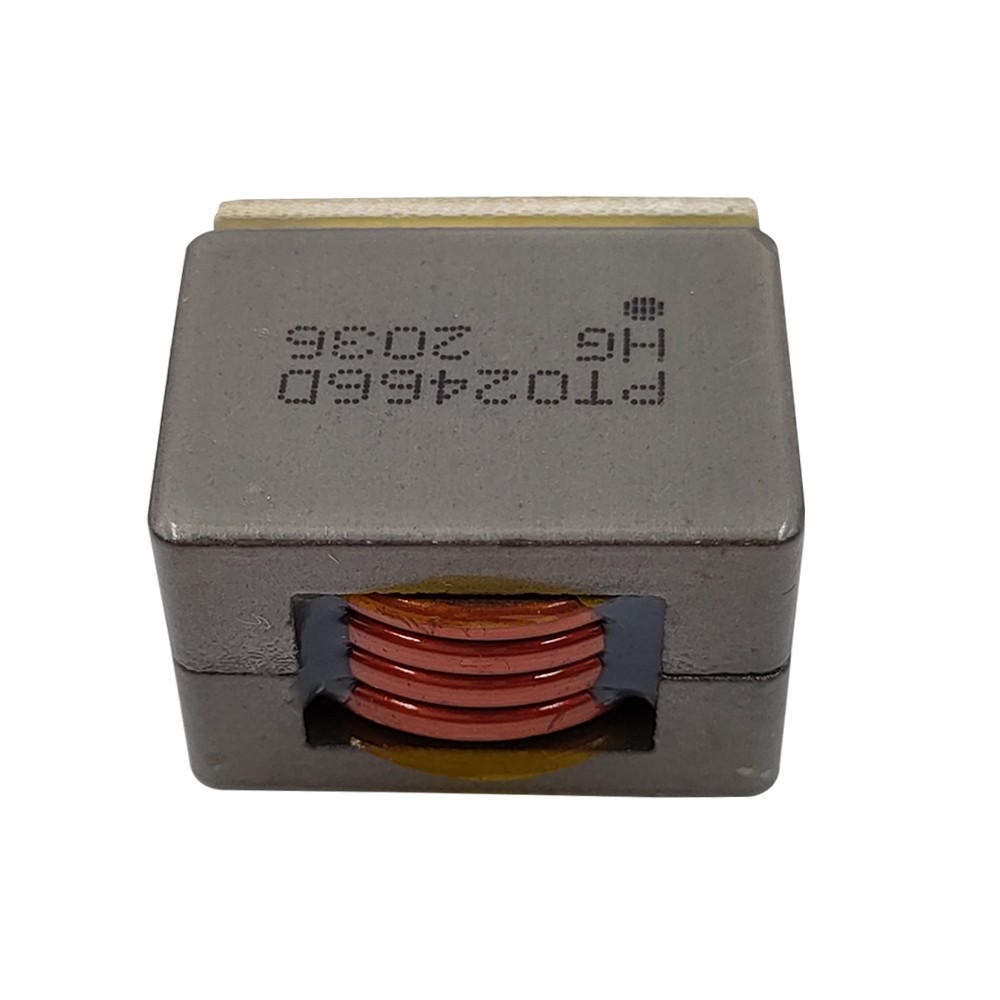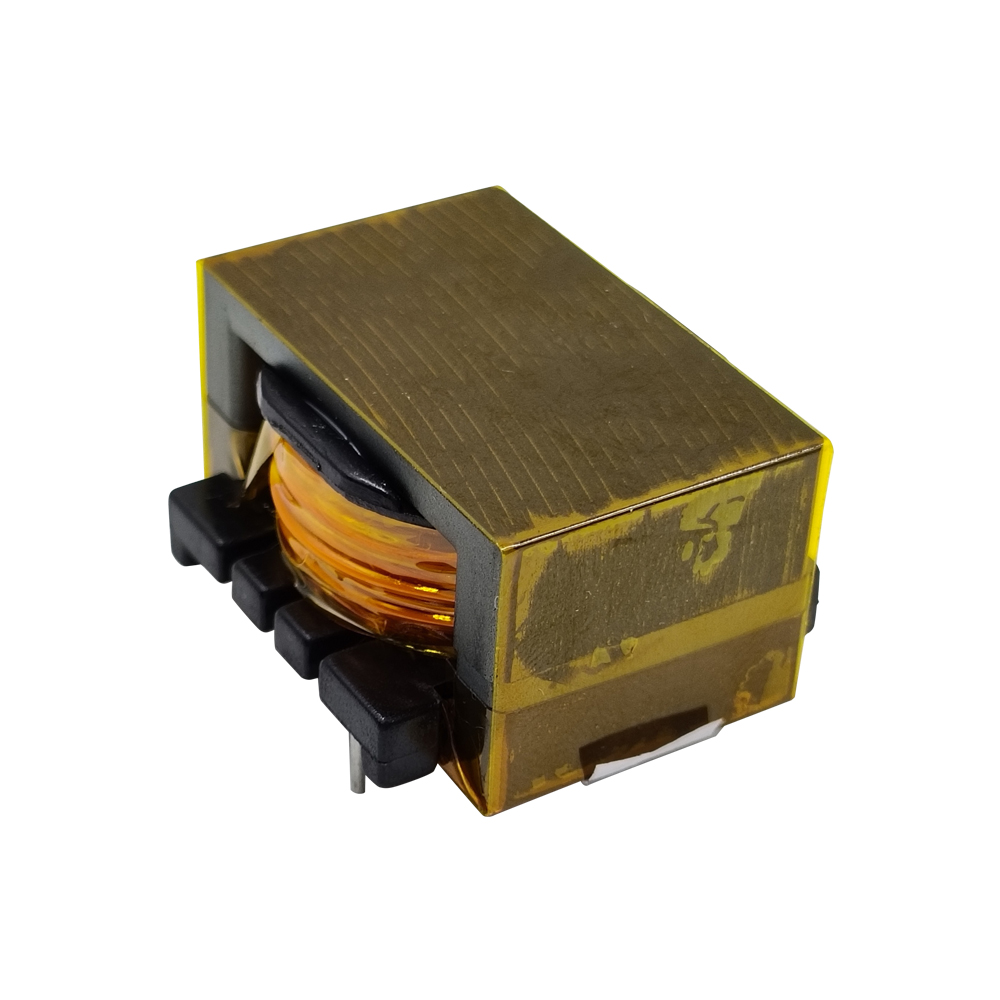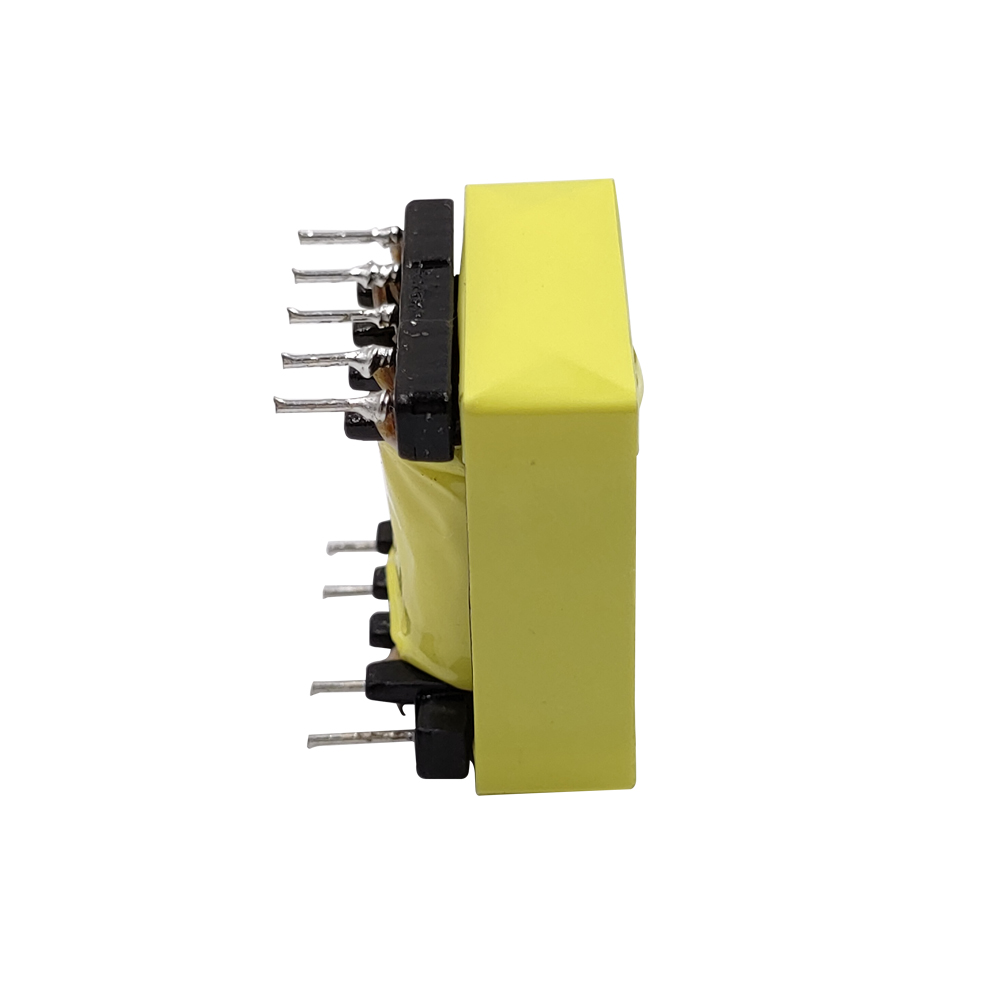Are micro coils good?
# Are Micro Coils Good? Unveiling the Truth Micro coils have become a hot topic in the tech world. So, are they really good? Let's find out. ## The Bright Side of Micro Coils ### Impressive Performance in Small Packages - **High Sensitivity**: Micro coils can detect tiny changes in magnetic fields or currents. For instance, in medical sensors, they can pick up faint biological signals, helping with early disease diagnosis. - **Energy Efficiency**: Their small size means lower power consumption and faster response. In mobile devices, the micro coils in antennas improve signal transmission and save battery life. ### Wide Range of Applications - **Medical Marvels**: Used in pacemakers, MRI machines, and surgical tools. In pacemakers, they ensure the right electrical signals to keep the heart beating. In MRI, they enhance image quality. - **Consumer Favorites**: Found in headphones, wireless chargers, and smartwatches. Headphones use micro coils for great sound quality, and wireless chargers rely on them for convenient power transfer. - **Automotive Essentials**: In cars, they're in engine control, safety systems, and entertainment features. They help engines run smoothly and enable features like GPS and Bluetooth. ### Manufacturing and Design Wins - **Space Savers**: Their tiny size lets manufacturers make sleeker, lighter products. Ideal for portable gadgets where space is tight. - **Easy to Combine**: Micro coils can be paired with other micro parts easily. This helps create complex and efficient systems, like in a single chip design. ## The Other Side of the Coin ### Manufacturing Hurdles and Costs - **Tricky to Make**: Making micro coils needs super precision. Fine wires and careful winding are tough, requiring special tools and clean rooms, which hikes up costs. - **Quality Control Struggles**: It's hard to spot flaws in small coils. Any defect can cause device problems. Getting good quality coils in large numbers can be costly and slow. ### Performance Limits - **Power Handling**: Micro coils can't handle big power like larger ones. For heavy-duty power jobs, like in industrial motors, they won't do. - **Magnetic Field Strength**: While good at sensing small fields, they can't produce strong ones. Some industrial tasks need powerful magnets or coils instead. All in all, micro coils have lots of great qualities but also some drawbacks. As tech grows, their good points will likely get better and the bad ones fixed. They're definitely a key part of the future of electronics and more.

